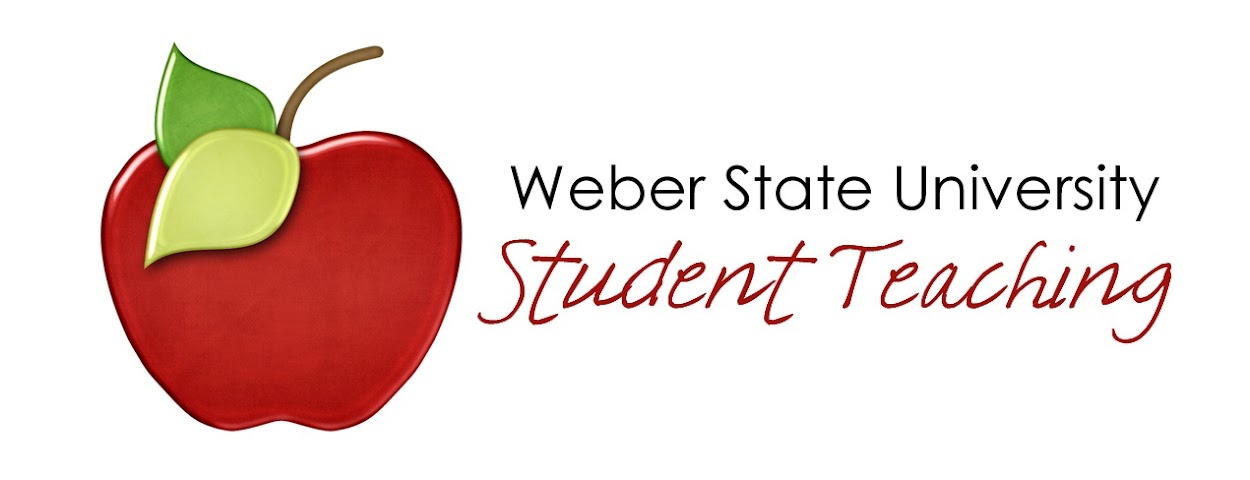I found this article online and thought it had some good advice. I’ve highlighted some of the things that stuck out to me.
Students who are defiant or non-compliant can be among the most challenging to teach. They can frequently interrupt instruction, often do poorly academically, and may show little motivation to learn. There are no magic strategies for managing the behaviors of defiant students. However, research shows that certain techniques tend to work best with these children and youth:
(4) When you must intervene with a misbehaving student, convey the message to the student that you will not tolerate the problem behavior—but that you continue to value and accept the student.
(5) Remember that the ultimate goal of any disciplinary measure is to teach the student more positive ways of behaving. Punishment generally does not improve student behaviors over the long term and can have significant and lasting negative effects on school performance and motivation.
(6) Develop a classroom ‘crisis response plan’ to be implemented in the event that one or more students display aggressive behaviors that threaten their own safety or the safety of others. Be sure that your administrator approves this classroom crisis plan and that everyone who has a part in the plan knows his or her role.
One final thought: While you can never predict what behaviors your students might bring into your classroom, you will usually achieve the best outcomes by remaining calm, following pre-planned intervention strategies for misbehavior, and acting with consistency and fairness when intervening with or disciplining students.
(1) Give the student positive teacher recognition. Even actions as simple as greeting the student daily at the classroom door or stopping by the student’s desk to ask ‘How are you doing?’ can over time turn strained relationships into positive ones.
(2) Monitor the classroom frequently and intervene proactively to redirect off-task students before their mild misbehaviors escalate into more serious problems.
(3) Avoid saying or doing things that are likely to anger or set off a student. Speak calmly and respectfully, for example, rather than raising your voice or using sarcasm. (4) When you must intervene with a misbehaving student, convey the message to the student that you will not tolerate the problem behavior—but that you continue to value and accept the student.
(5) Remember that the ultimate goal of any disciplinary measure is to teach the student more positive ways of behaving. Punishment generally does not improve student behaviors over the long term and can have significant and lasting negative effects on school performance and motivation.
(6) Develop a classroom ‘crisis response plan’ to be implemented in the event that one or more students display aggressive behaviors that threaten their own safety or the safety of others. Be sure that your administrator approves this classroom crisis plan and that everyone who has a part in the plan knows his or her role.
More ideas can be found HERE.













No comments:
Post a Comment
Note: Only a member of this blog may post a comment.